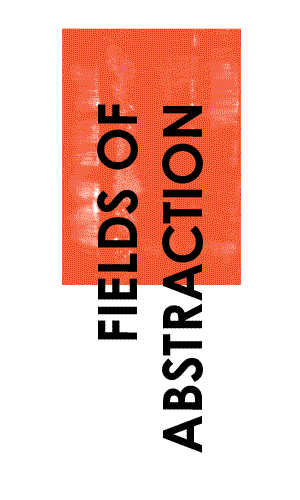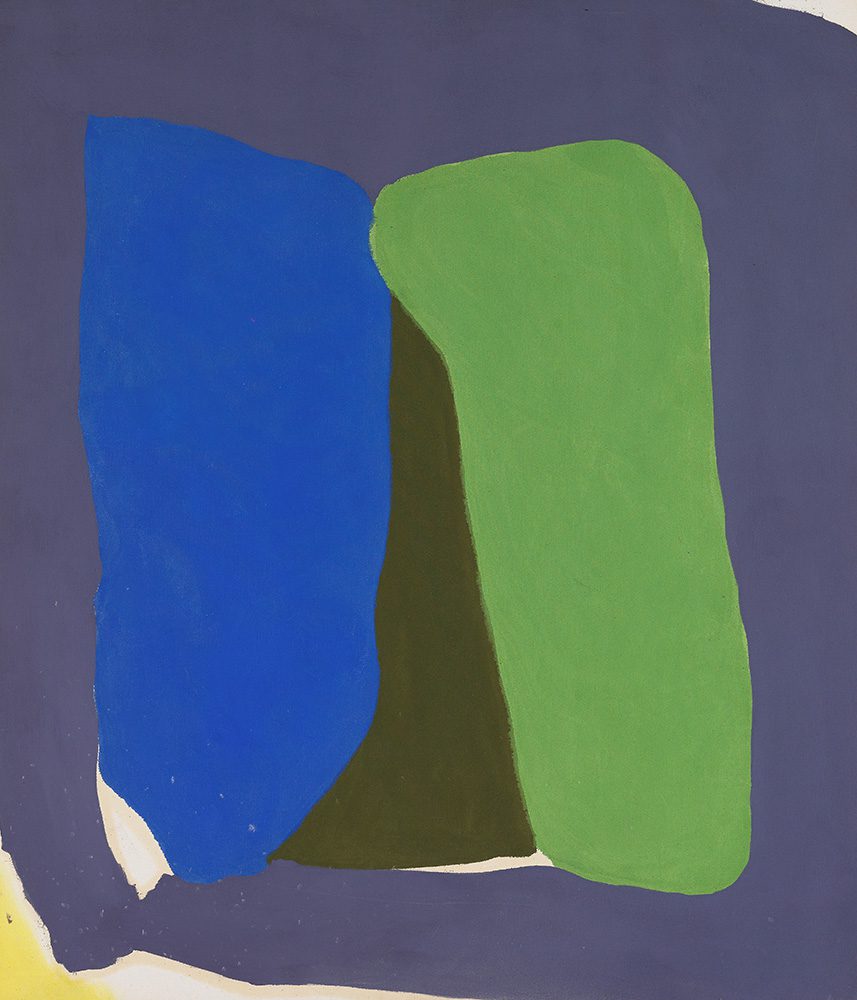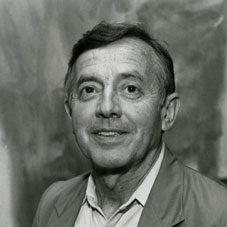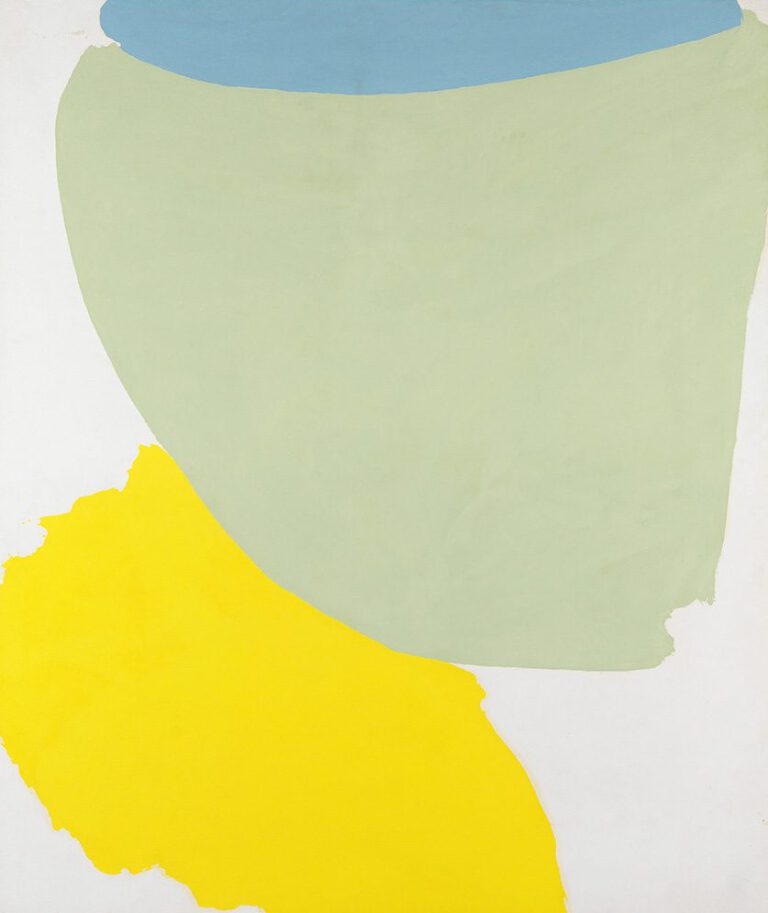Born in Germany, American painter Friedel Dzubas was an autodidact who never underwent formal training in painting. Considered a Mischling (a child of mixed-race parents, with a Jewish father and a Catholic mother) in Nazi Germany, he was denied the opportunity to go to university. In 1939 he fled Germany for the United States, carrying on the work of his German uncles and cousins by engaging in freelance book design, first in Chicago and then in New York. From the late 1950s he was finally able to consecrate himself entirely to painting.
Included in the Abstract Expressionist canon by the critic Clement Greenberg, Dzubas created works in the vein of the Lyrical Abstraction and Color Field painting. He was a pioneer of the stain painting technique, along with Helen Frankenthaler, Morris Louis, and Kenneth Noland. While sharing a studio with Frankenthaler in the early 1950s, he produced monumental compositions of flat swaths of bold colors butting up against one another in patterns reminiscent of stacked objects, such as Steppe and Night Mesa. Unlike colleagues who stained their diluted pigments onto raw canvas, Dzubas painted over gesso grounds, scrubbing thick layers of color and creating fields of dense or almost translucent color. For him, these paintings referenced natural phenomena, emotion, the painterly gesture, and the experience of color itself.
Adina Kamien



